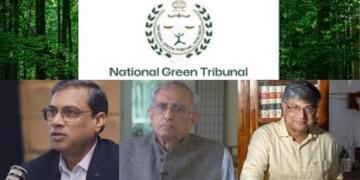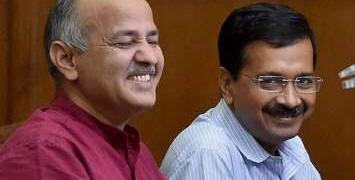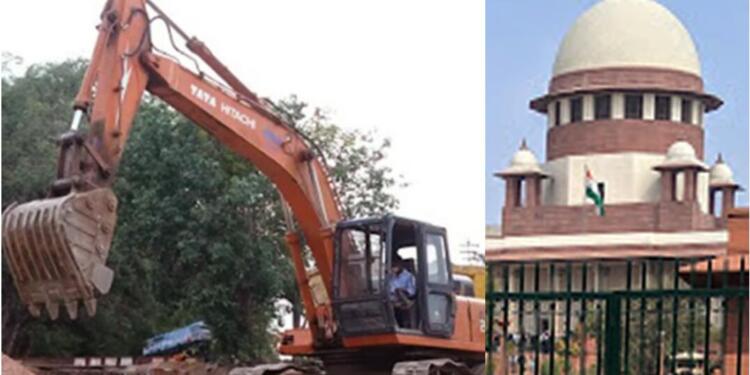The Supreme Court of India has sharply criticized the practice of ‘bulldozer justice,’ where homes are demolished based on the criminal status of their occupants. On September 2, the Court questioned the legality and fairness of demolishing properties merely because their owners are accused or convicted of crimes. This move comes amid growing concerns about the erosion of due process and the principle that justice delayed is justice denied.
The case at hand involves the demolition of properties in various parts of the country, notably in Delhi’s Jahangirpuri and Udaipur, Rajasthan. Senior Advocate Dushyant Dave, representing the petitioners, argued against this punitive approach, highlighting instances where entire homes were razed due to the criminal actions of tenants or relatives. He emphasized that such measures unfairly punish innocent family members and violate legal norms.
Solicitor General Tushar Mehta contended that demolitions should only occur if the property itself is illegal, not merely because of its owner’s criminal involvement. He argued that current representations of the issue might be misleading, but the Court’s concerns about the procedural legitimacy of these actions were evident. Justice BR Gavai and Justice KV Viswanathan voiced strong objections, stressing that demolishing properties based solely on criminal allegations undermines justice.
The bench proposed the establishment of comprehensive pan-India guidelines to regulate property demolitions. They emphasized that while illegal constructions must be addressed, any demolition should follow due legal process, including issuing notices, allowing time for legal remedies, and ensuring fair treatment. Justice Viswanathan noted that demolishing a house due to the actions of a resident, such as in the case of a student in Udaipur, is unjust and punitive.
The Court’s approach signals a move towards ensuring that the principles of fairness and procedural justice are upheld. The debate underscores a critical aspect of legal philosophy: that justice delayed is indeed justice denied. The fear that punitive actions might be used to expedite perceived justice without due process raises significant concerns about the integrity of the legal system.
As the Court prepares to revisit the issue on September 17, it has invited suggestions to address these concerns effectively. The dialogue highlights the need for a balanced approach that respects individual rights while upholding the law. The emphasis on guidelines reflects a commitment to ensuring that justice is administered fairly and transparently, reinforcing that due process remains a cornerstone of justice in India.

























